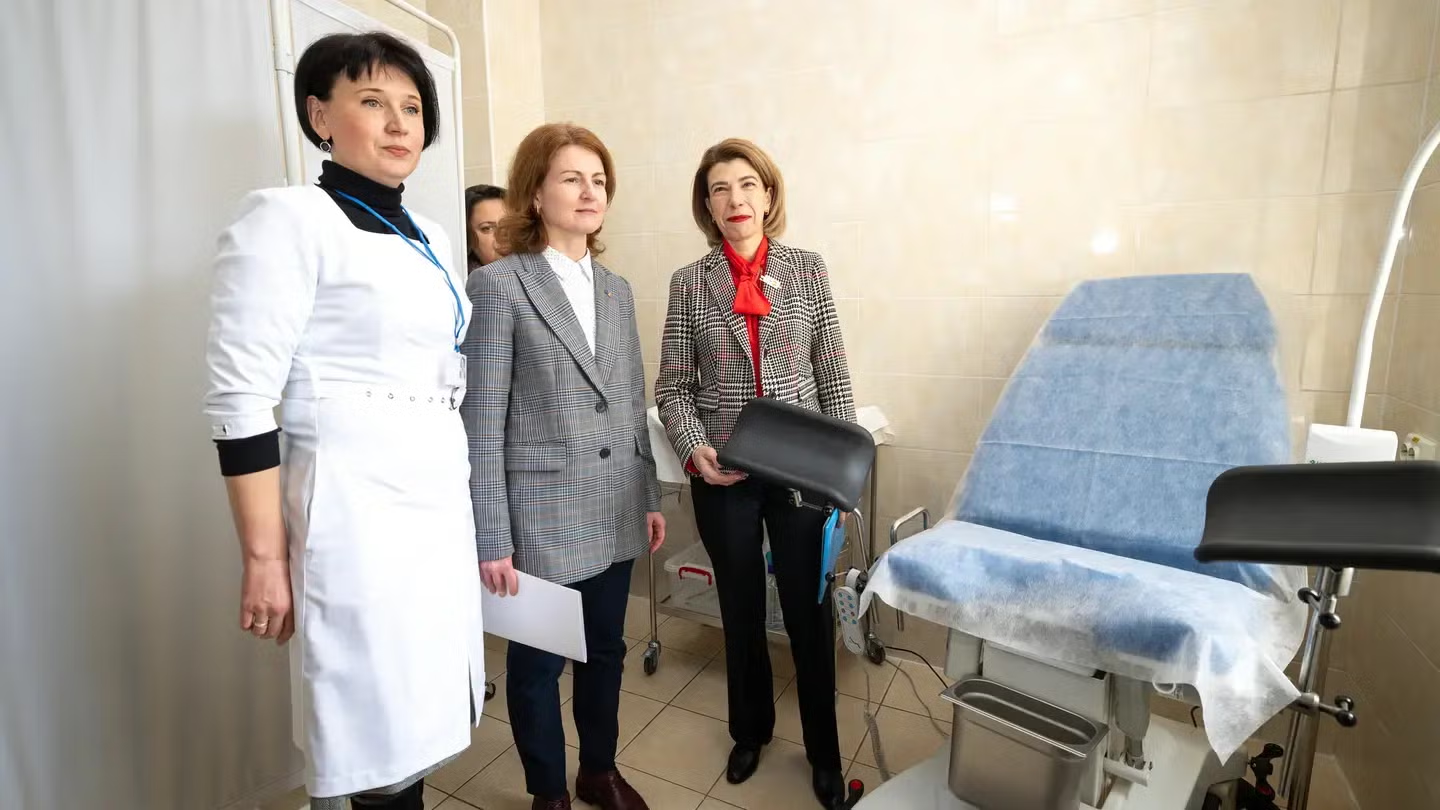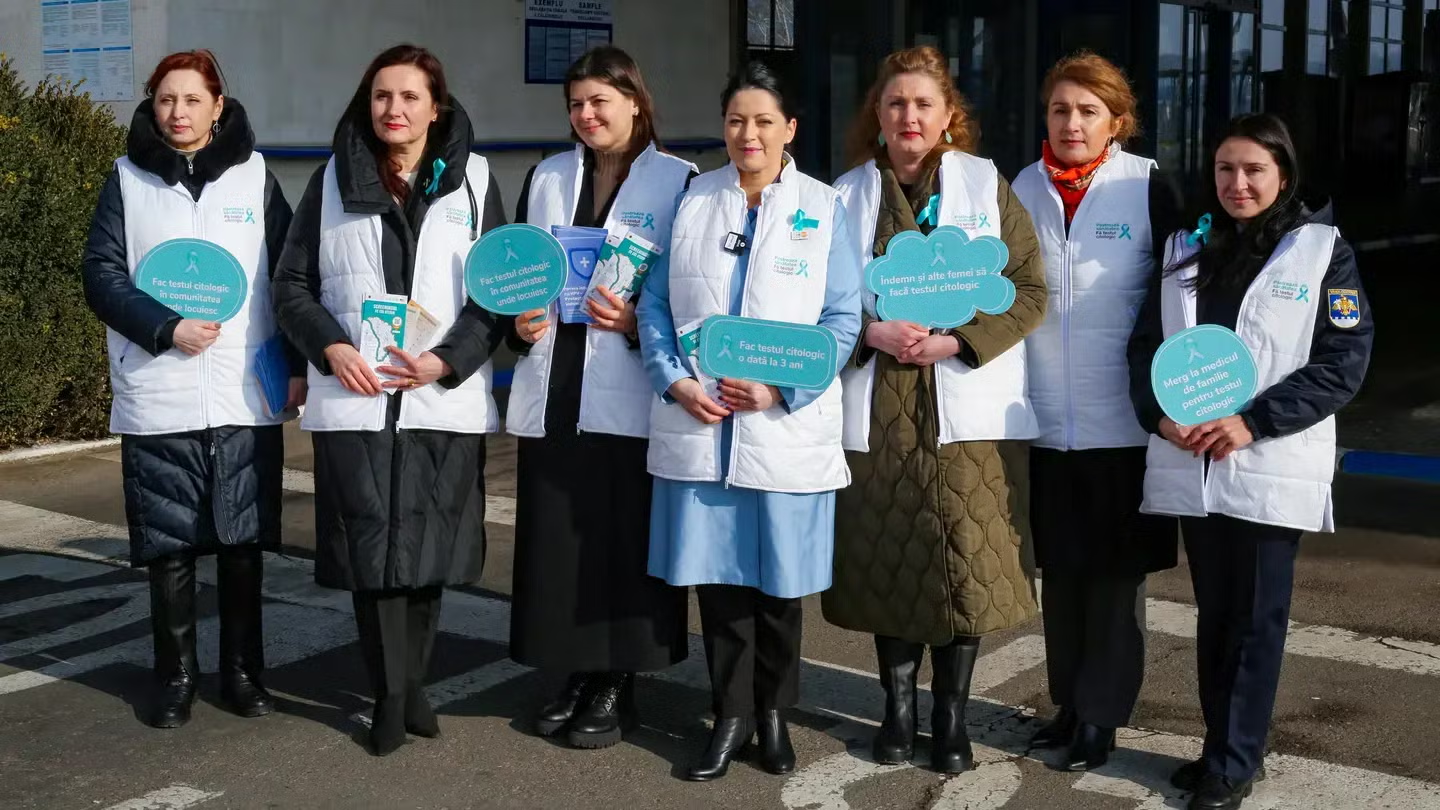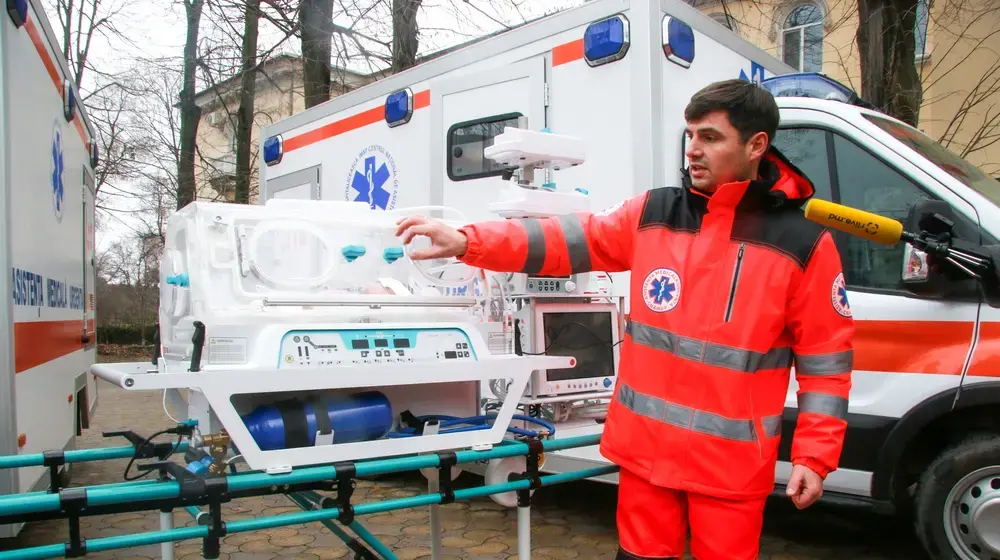The three-years project “Develop life-skills and healthy behaviors of students in Vocational Education & Training (VET) for their development and job readiness” was signed on 5th December 2019 and will focus primarily in educational institutions from Chisinau, Cahul, Nisporeni, Rezina, Orhei, Edinet, Riscani, and Balti cities. The project will address the critical needs of young girls and boys for health and rights education, supporting them to adopt safe behaviors, prevent early pregnancies, and successfully graduate the studies, and integrate into the labor market.
According to Diana Tapuchevici, teacher of Biology and' Decisions for a Healthy Life Style' at a vocational school in Chisinau, the need for life-skills education in VET institutions is enormous. Over 600 young girls study in this institution, and about 30 of them get pregnant every year, most of them before the age of 18.
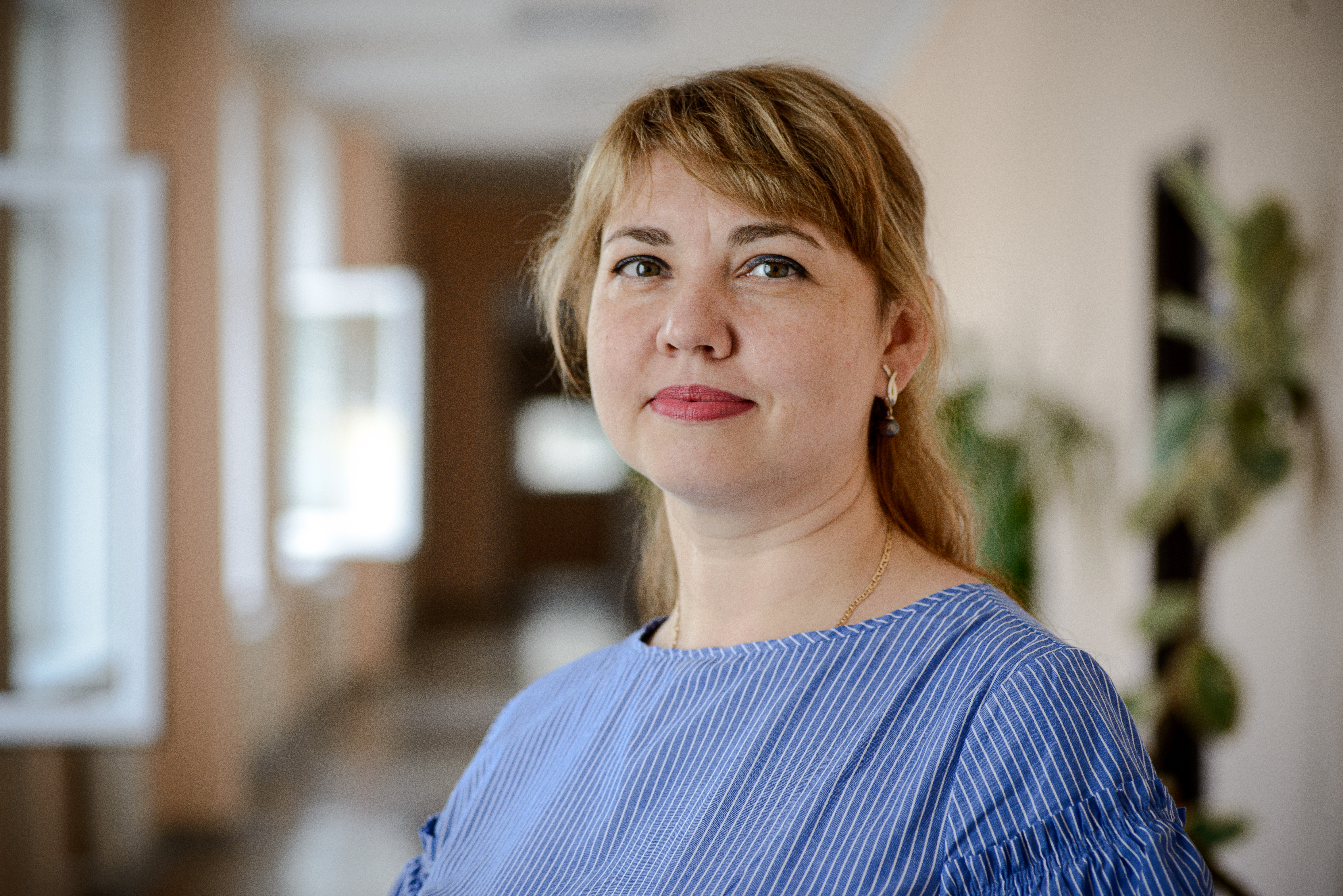
'We accommodate to their situation, trying to allow them part-time attendance, however many of the girls drop out of school. Others opt for abortion, which is also a traumatic experience', says the teacher.
The example of Mariana* is emblematic in this regard. She became pregnant shortly after enrolling in a vocational school, and now she is raising her one-year-old.
Mariana was only 16 when she realized she was pregnant. 'I didn't think it could happen to me, I didn't think you could get pregnant even after a single unprotected sexual intercourse,' says the young girl.
When she notified the child's father about her pregnancy, he invited her to live together, and later to formalize their relationship. Then the girl understood that he had made that move only to avoid criminal liability for having sex with an under-aged girl. Soon he started to beat her.
At a certain point, Mariana understood that she could no longer cope with this situation, so she left the apartment and returned to her old dorm room, leaving the child in her mother's care.'
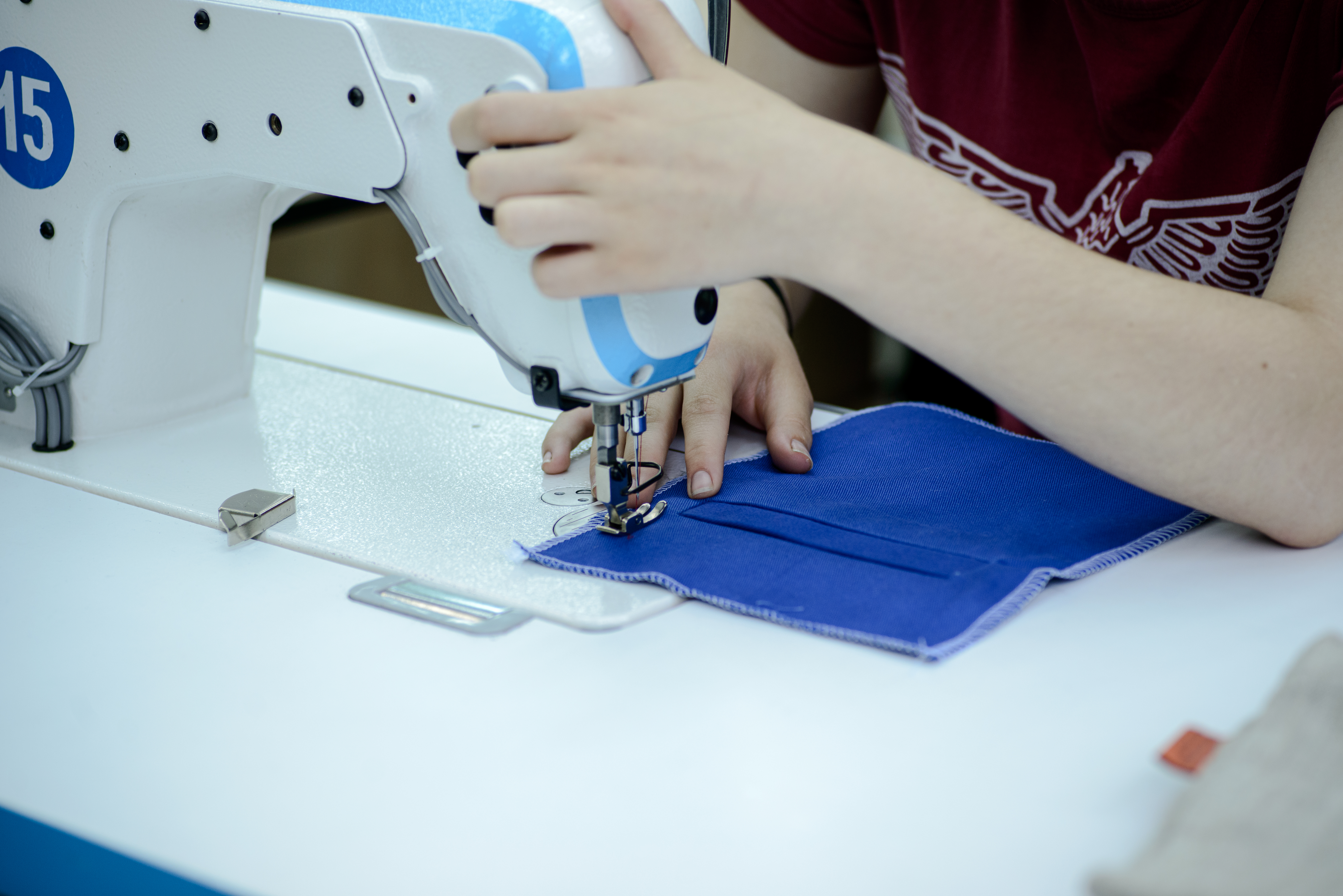
Mariana claims that in the institution where she studies, many girls end up in similar situations. 'Especially newly enrolled girls. They are 15-16 years old, and they are exactly as I was, naive. A village is not like a city, and city boys easily lure them into anything with flowers and teddy bears'.
She claims that she wouldn't have experienced that if she had known at least the basic things about contraception and reproductive health.
'When I left home, my mother told me only to behave, not to hang with boys but did not give me any details about the dangers involved. My mother is quite shy; she won't talk to me about such topics. Neither the school taught us anything about it', she says.
According to the teacher Diana Tapuchevici, the solution would be to have more discussions about healthy lifestyles and educate young people about safe behaviors, supporting them to make the right choices.
The new project of UNFPA and the Austrian Development Agency in Moldova will address these issues through informative lessons for young people and business companies, training of VET staff, and awareness raising campaigns. It will create a safe learning and working environment for VET students to support them to acquire life-skills and technical skills and prepare them for life, including the labor market.
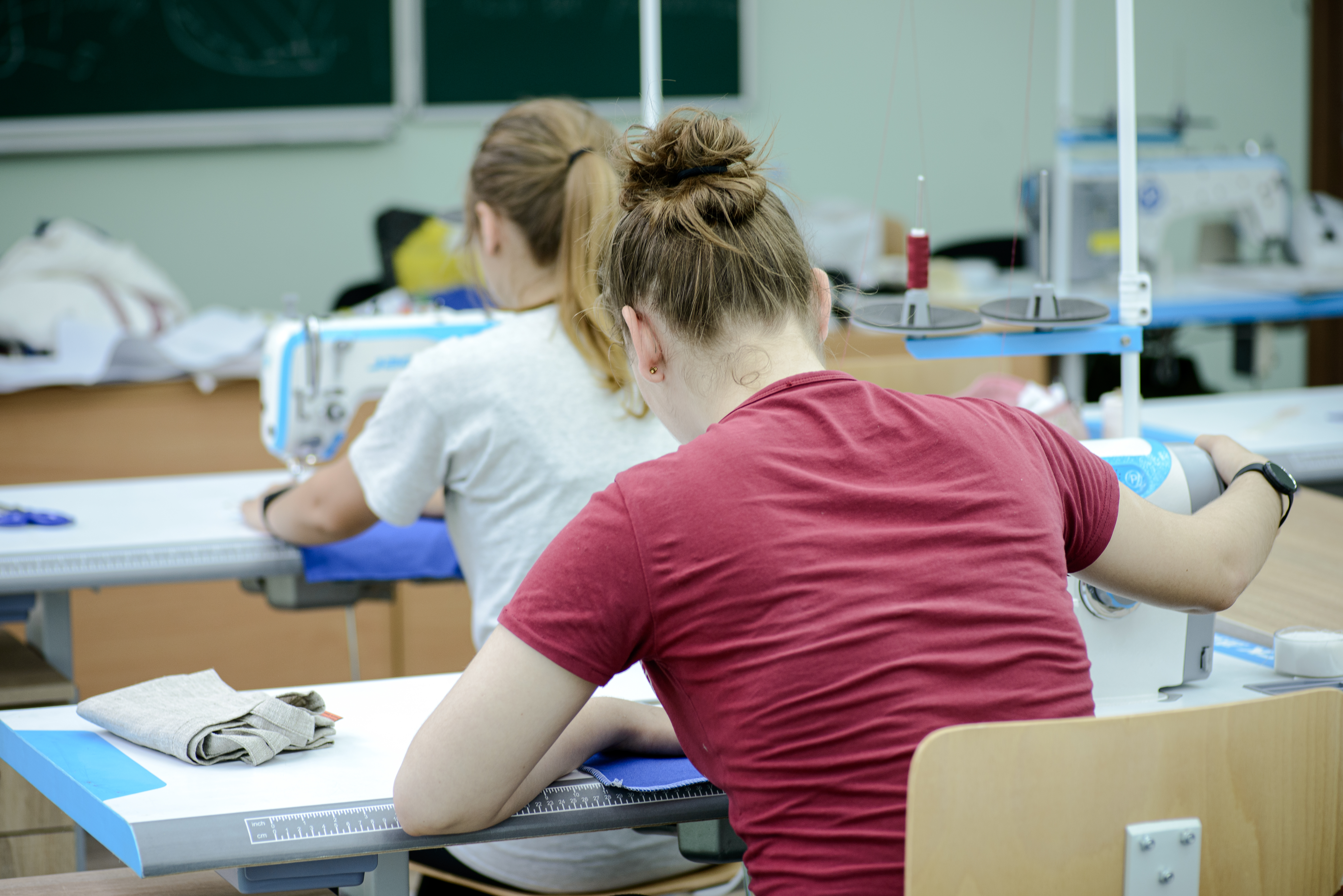
The project will cover 12 educational institutions between 2019 and 2022 and will benefit about 8,000 young people. It will run in collaboration with the Ministry of Education, Culture and, Research of the Republic of Moldova.
*Name changed to protect identity.


